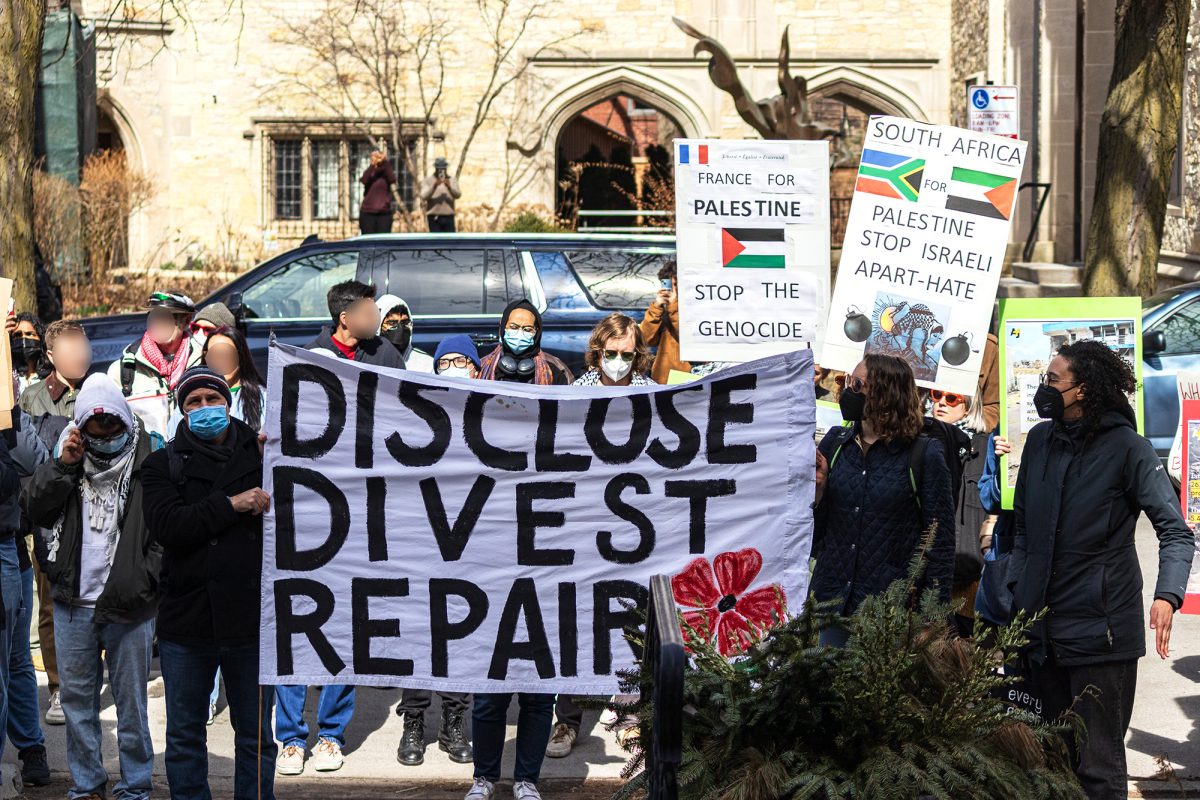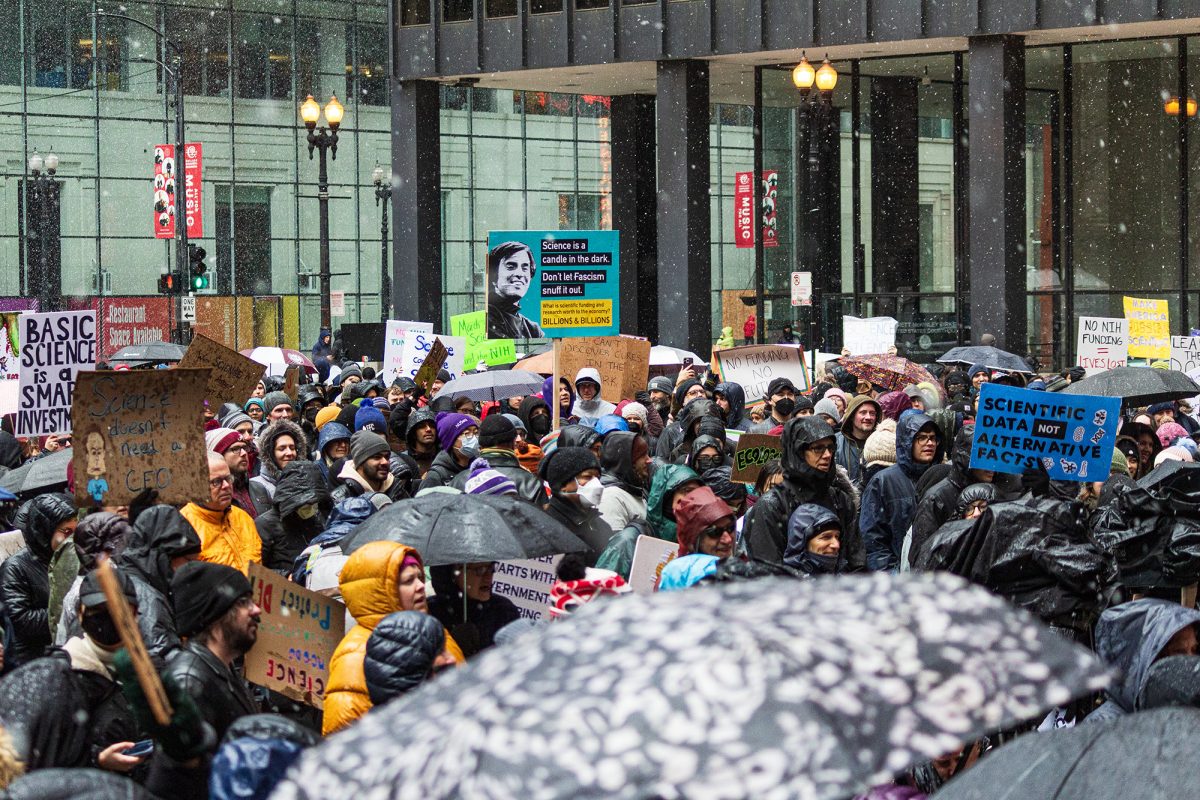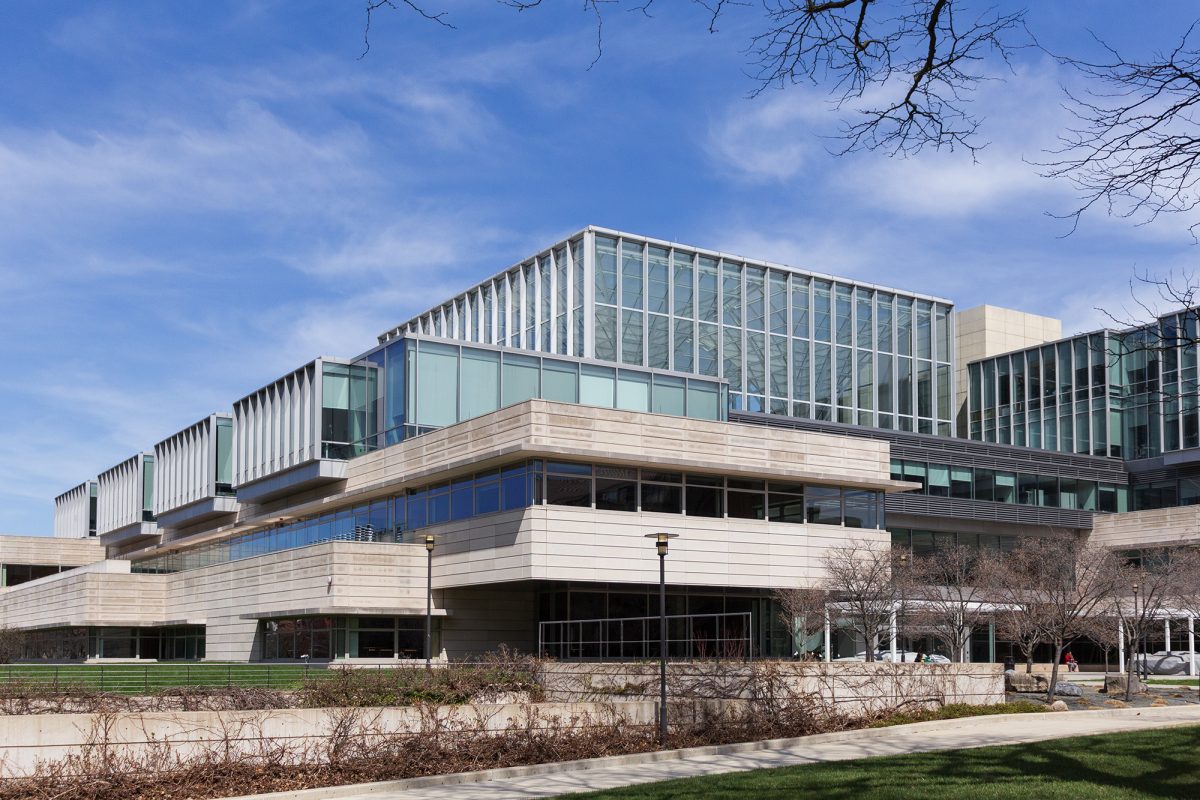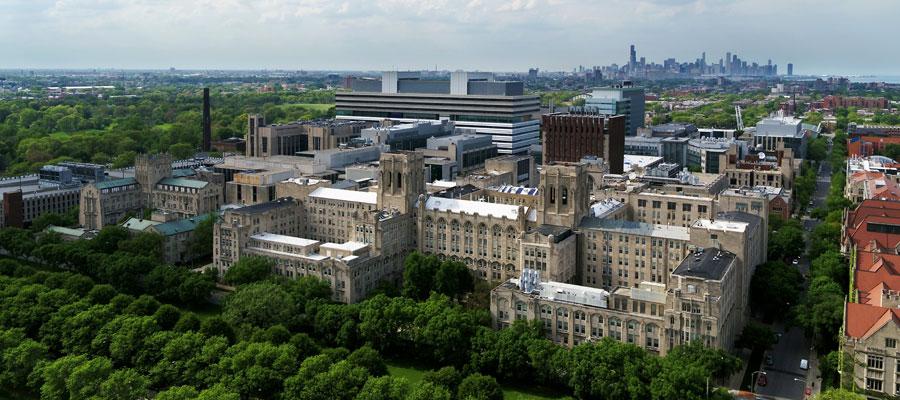The Chicago City Council voted unanimously to approve the transfer of parkland for the Obama presidential library on Wednesday. The vote addresses a key concern of the Obama Foundation—that neither the University nor the City owns the land on the University’s proposed sites for the library.
In a press conference following the meeting, Mayor Rahm Emanuel heralded the vote as “a major step forward in addressing all the questions that the presidential foundation had and put [Chicago] in the best position” to host the library.
On Tuesday evening, the Chicago Tribune reported that President Obama said he would like the library to be located in Chicago. He and First Lady Michelle Obama ultimately have the final say over the location of the library. “I hope it goes to Chicago,” he told the Tribune after speaking at the Gridiron Club in Washington on Saturday, but added that there were “some entanglements.”
When asked about the president’s comments, former Obama aide and longtime friend Susan Sher, who has led the University’s Obama library bid, seemed encouraged and confident.
“I assumed he was talking about the land issue. We’re very excited that hurdle now has been overcome. We think it puts our bid in a really great, competitive position,” Sher said.
During the meeting, the South Side aldermen who spoke in support of the ordinance cited Obama’s political roots on the South Side.
“I became his alderman in 1999. Every political decision he made, I was there with him,” Fifth Ward Alderman Leslie Hairston, who represents much of Hyde Park, said. “His roots are right there in Hyde Park, in the Fifth Ward.”
Fourth Ward Alderman Will Burns (A.B. ’95, A.M. ’98) worked for Obama when he was a state senator and served as the deputy campaign manager for his failed 2000 congressional campaign against Rep. Bobby Rush. Burns drew on his personal ties to Obama in his remarks, saying that before he met Obama, “I had no intention to go into politics.”
Burns reiterated the potential economic benefits of bringing the library to the South Side, which have galvanized many community members to support the use of parkland for the library.
“This is going to give the city of Chicago a chance. There’s an opportunity to give Chicago thousands of jobs,” he said.
Some drama ensued when Alderman Bob Fioretti, a former mayoral candidate who has long opposed the use of parkland for the library, first voted no but then switched his vote to make the decision unanimous after the urging of other aldermen.
Fioretti said that “it mostly boils down to how does this city move forward with the presidential library,” but he added that he had reservations about the University’s leadership of the bid and about the use of parkland.
Several aldermen, especially those representing the West Side, urged the mayor and aldermen to keep in mind that the bid from the University of Illinois at Chicago (UIC) is also a finalist. That proposal, if selected, would place the library in North Lawndale on the West Side. However, they saw the vote as a show of solidarity to increase the city’s chances to host the library, regardless of whether it ends up on the South or West Side.
In his press conference, Emanuel said, “This isn’t about South Side versus West Side in the city of Chicago. It’s about Chicago versus Manhattan, and we want to make sure that the Obama presidential library is here in the city of Chicago.”
After the Obama Foundation publicly raised concerns about the University’s bid in December, Emanuel proposed an ordinance to transfer the land, currently under the jurisdiction of the Chicago Park District, to the City’s control.
The Chicago Park District held two packed public hearings in January to seek community input on the issue. Many community members came out in support of using parkland, while others voiced concerns about park preservation and the amount of space the University has proposed for the library site.
Friends of the Parks, the chief community organization that has campaigned against the use of parkland for the library, is still weighing its options regarding a potential lawsuit against the City, according to the group’s president, Cassandra Francis.
“We are looking at all of our legal options ourselves but also with our national partners who are working on this issue,” she said. “It will probably be shortly, but we are going to take our time to make sure we take the right stuff. But we will be responding.”
Emanuel responded to the group’s concerns in his press conference, saying that he understands their position.
“I do think that Friends of the Parks, their aspirations are something I share. But this is something unique, We’re not setting a precedent that we will violate. There won’t be another presidential library for a while…. See this as an opportunity for the city,” he said. He also emphasized that as mayor, he has added 750 acres of parkland to the city.
The library has come up as an issue in the mayoral runoff election, as Emanuel has taken the lead in pursuing any means possible in order to ensure Chicago is chosen for the library, including the propose the transfer of parkland. His opponent, Jesús “Chuy” García, originally opposed using parkland but recently reversed his position.
Last week, the Foundation postponed the announcement of the final location until after the April 7 mayoral runoff because it did not want the decision to factor into the race. The University’s proposal, as well as the proposal from UIC, is competing against one from Columbia University, which has made a very public push for the library as well. Sher said that she is in contact with the Foundation about the details of the University’s bid but has not been informed of the exact date of the announcement.
—Additional reporting by Ankit Jain








